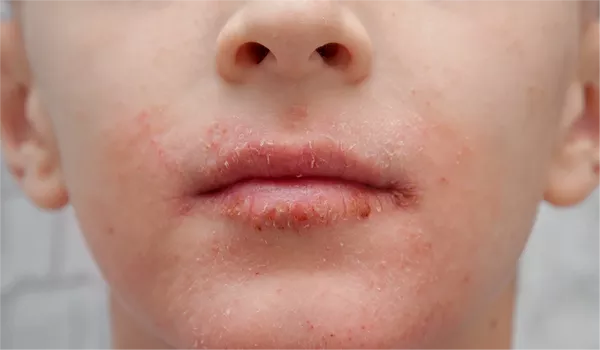The National Eczema Association (NEA), a leading nonprofit in eczema research, has invested over $4 million to date, funding crucial studies aimed at understanding the efficacy and safety of treatments for both adult and pediatric eczema. In their latest initiative, “Under the Microscope,” NEA sheds light on the work of their grant recipients, offering insights into ongoing research and its potential impact on the eczema community.
Topical corticosteroids, a longstanding cornerstone in eczema treatment, have faced persistent scrutiny over fears of potential long-term side effects, especially when used at higher potencies and durations. Despite their established efficacy, widespread hesitancy among patients and healthcare providers persists, sometimes leaving eczema poorly managed.
Dr. Aaron Drucker, a clinician-scientist at Women’s College Hospital and the University of Toronto, recognized this gap and launched a comprehensive research project in January 2023. His goal: to rigorously evaluate the safety profile of long-term topical steroid use. Supported by an Eczema Champion Research Grant from NEA, Dr. Drucker’s study spans multiple years, focusing on the incidence of five serious side effects—hypertension, glaucoma, cataracts, diabetes, and bone fractures—among topical corticosteroid users.
“There exists a pervasive bias against topical steroids among patients and some providers,” remarked Dr. Drucker. “Given the vast number of global users, it’s crucial to ascertain their safety and optimal usage.”
Despite over 50 years of use, existing literature offers limited conclusive evidence linking topical corticosteroids to hypertension, glaucoma, or cataracts, while suggesting potential associations with diabetes and bone fractures. Dr. Drucker aims to advance current knowledge using advanced pharmacoepidemiologic methods. His approach considers treatment potency, duration, formulation diversity, and mitigating factors like concurrent medication use, including oral corticosteroids.
Drawing from comprehensive health data from British Columbia and Ontario spanning 2002 to 2021, Dr. Drucker’s study leverages robust datasets encompassing millions of Canadians. This methodological rigor aims to provide nuanced insights into the likelihood of developing side effects based on various topical steroid regimens.
“We’ve developed a methodological framework that promises more reliable and insightful outcomes,” noted Dr. Drucker.
Amidst a growing array of eczema treatments, understanding the safety profile of topical corticosteroids remains pivotal. Dr. Drucker emphasizes their continued relevance as a frontline treatment option.
Anticipating publication in the coming years, Dr. Drucker underscores the significance of his findings for patients and healthcare providers alike. “Whether reassuring or cautionary, our findings will equip them with the evidence needed for informed decisions.”
The quest to demystify topical steroids continues, driven by a commitment to provide clarity and guidance in eczema management.
Related Topics:
























